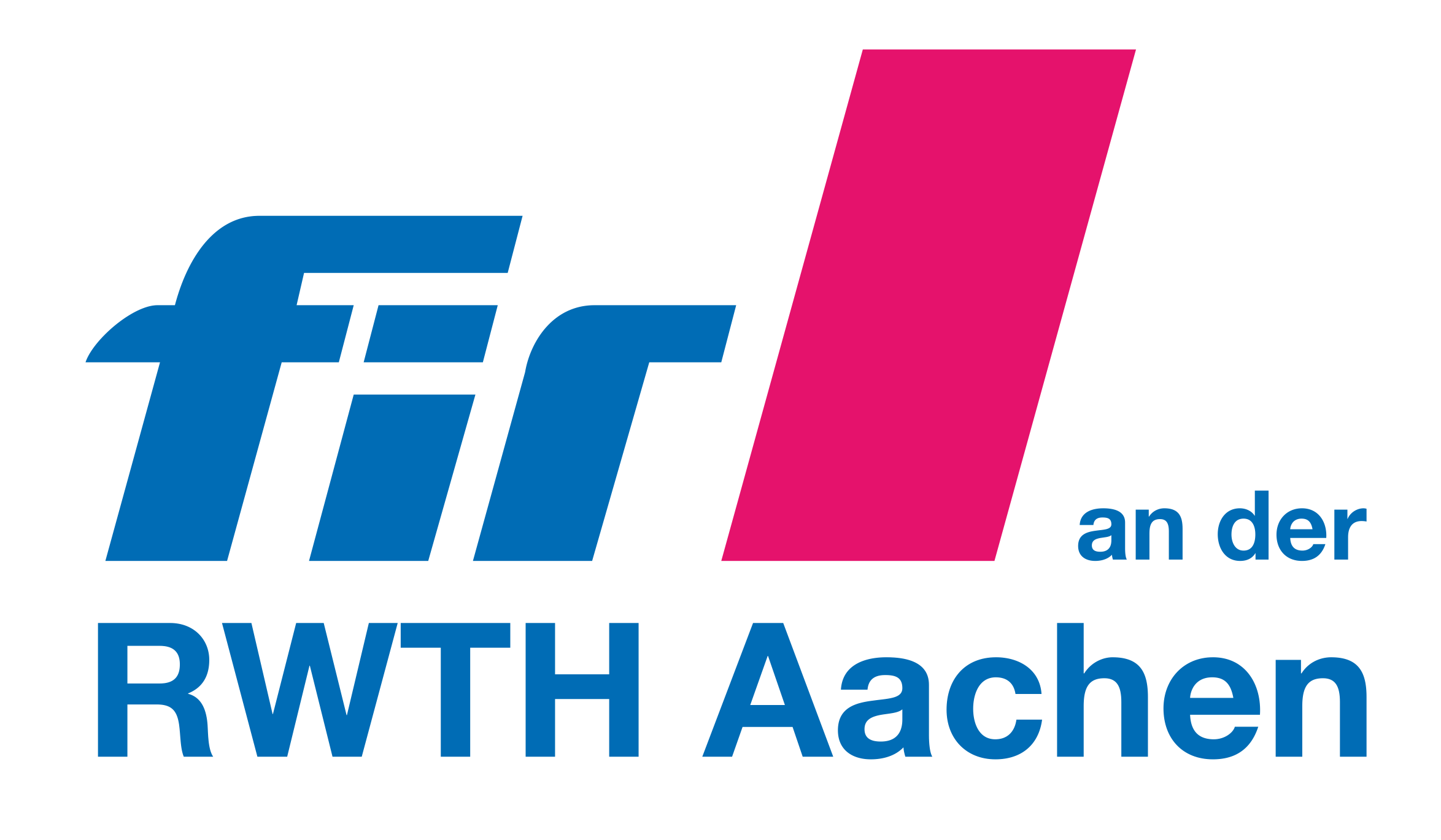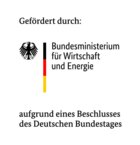APACHE
Development of an adaptive production control for the systematic deviation management of small batches.

The aim of the project was to develop a decision support system for the production controller which allows a more detailed consideration of deviations in production. Furthermore, evaluating deviations makes it possible to determine which deviations urgently require action and what kind of intervention should be made. By taking account of decisions regarding deviation situations from the past future deviations can be better assessed.
In the context of the project, an adaptive decision support system has been developed that helps the manufacturing controller of the future to react to deviations in manufacturing. In a first step, deviations were systematically described and categorized.
This serves to efficiently analyze the causes of similar deviations in the review and analysis of causes. In a second step, the identified deviations were assessed and prioritized with regard to their impact on value added as well as on time criticality.
At this point, it was possible to take into account, for example, that a deviation occurring at the beginning of the value creation process has a greater impact than a deviation towards the end. In a third step, a dominant reaction strategy (manual, partially automated, fully automated) was assigned to the deviations evaluated.
For example, when there is a lack of inventory, a reorder can be placed automatically. This responsibility should be taken away from the employee so that the time gained can be used to analyze the reasons why the inventory was depleted.
Finally, the differentiation logic for deviations was integrated into an adaptive model of the production control. This ensures that decisions taken are fed back and the manufacturing controller is increasingly relieved of having to address routine deviations (deviations for which defined alternatives for action exist), so that the latter can increasingly deal with the elimination of the causes of deviations.
When considering all deviations, a tolerance corridor had to be defined within which a deviation is acceptable. Otherwise the system would have resulted in counterproductive over-regulation.
Project partners
- Asseco Solutions AG, Karlsruhe
- CLAAS KGaA mbH, Harsewinkel
- Next.e.GO Mobile SE, Aachen
- Haake Technik GmbH, Vreden
- Hoerbiger Antriebstechnik Holding GmbH, Schongau
- Nordischer Maschinenbau Rud. Baader GmbH + Co. KG, Lübeck
- PSI Automotive & Industry GmbH, Berlin
- VDMA e. V., Frankfurt
- Westaflexwerk GmbH, Gütersloh
Branch
- Machinery and Plant Engineering
Topic Area
- Production Management
Research Focus
- Produktionsregelung
JRF Guiding Topic
- Industry & Environment
Contactperson
Projectinfos
Duration
Funding no.
19238 NFunding information
The IGF project 19238 N of the research association FIR e. V. at RWTH Aachen University was funded by the Federal Ministry of Economic Affairs and Energy (BMWi) within the framework of the program for the promotion of Industrial Collective Research (IGF) on the basis of a decision of the German Bundestag.




